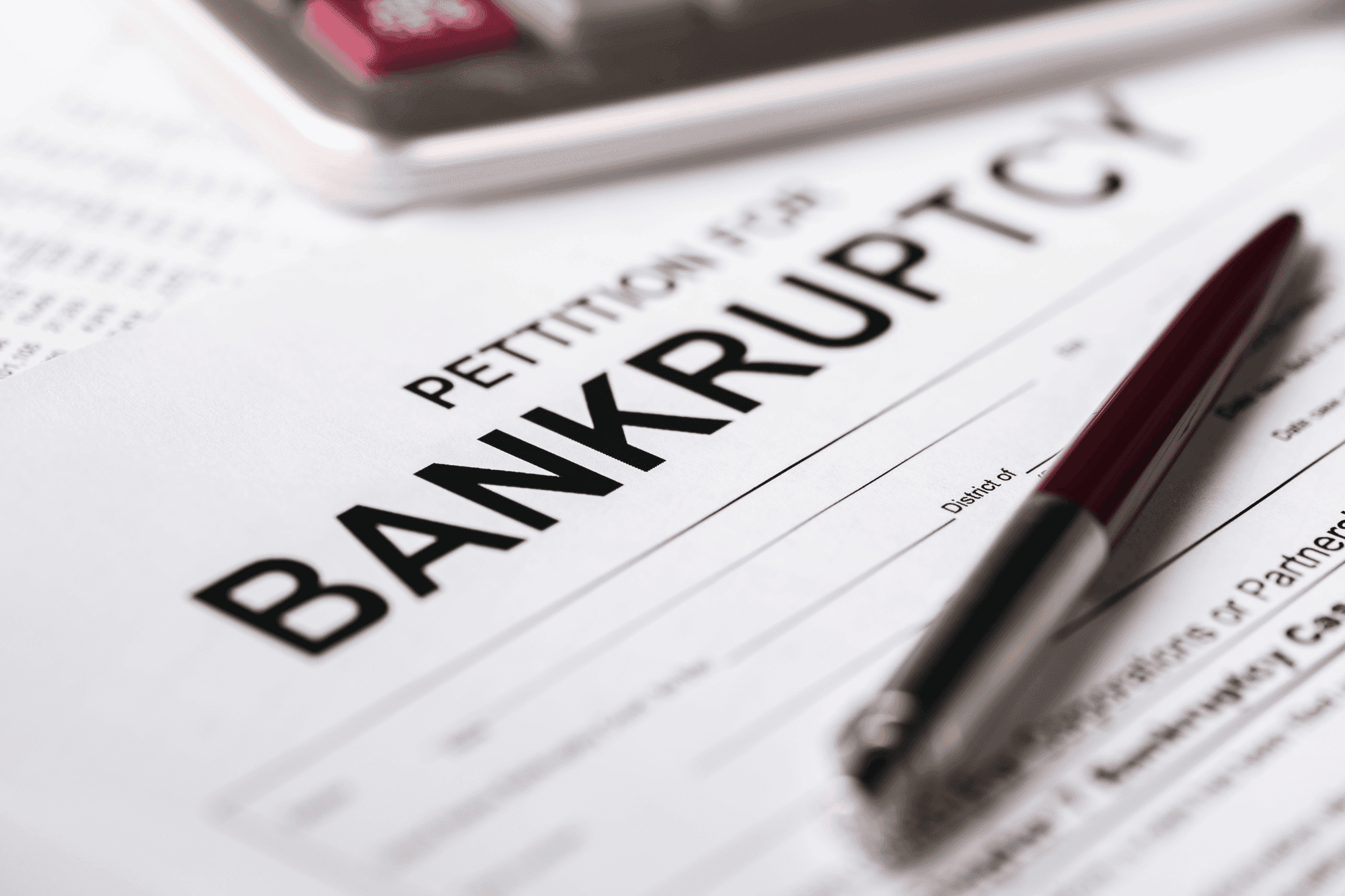Guide
Financial Planning for Life After Settlement: Managing Pre-Settlement Funding Repayment
Financial Planning for Life After Settlement: Managing Pre-Settlement Funding Repayment
Aug 1, 2025
Aug 1, 2025


Back to blogs
Back to blogs
Winning or settling your case brings tremendous relief—financially, emotionally, and personally. But once the funds arrive, many plaintiffs are surprised by just how quickly their settlement can be consumed by bills, legal fees, and outstanding obligations. One important piece of this puzzle? Pre-settlement funding repayment.
While pre-settlement funding provides vital financial support during your case, repayment must be factored into your post-settlement financial planning. This article explains how repayment works, what to expect after your case settles, and how to manage your money wisely for long-term security.
Understanding Pre-Settlement Funding Repayment
Pre-settlement funding is a non-recourse cash advance, meaning:
You only repay if your case is successful
Repayment comes from your settlement, not out-of-pocket
If your case is lost, you owe nothing
Once your case resolves, the funding company is repaid from the settlement proceeds—before funds are disbursed to you.
Who Handles the Repayment?
Your attorney manages the repayment process. Here’s how it works:
Your case settles or you win at trial.
The settlement funds are deposited into your attorney’s trust account.
Your attorney distributes payments to:
Legal counsel (their contingency fee)
Medical lien holders, if any
Pre-settlement funding provider (Instabridge, if applicable)
You (the remaining balance)
This process is handled entirely by your legal team, and there’s no action required on your part to initiate repayment.
How to Plan for What You'll Receive
To avoid surprises, it’s important to understand what your final payout will look like after all deductions. Ask your attorney for:
A settlement breakdown, including all deductions
The repayment amount owed to your funder
A clear explanation of how much you will receive once everything is finalized
This helps you set realistic expectations and make informed financial decisions.
Tips for Managing Your Settlement Responsibly
Once your portion of the settlement is in hand, consider these strategies:
✅ 1. Pay Off High-Priority Debts
If you incurred credit card debt, personal loans, or medical bills during your case, paying those off first may relieve long-term financial pressure.
✅ 2. Create a Budget
Map out your essential expenses and determine how long your funds will last—especially if you’re still recovering and unable to work.
✅ 3. Avoid Large Impulse Purchases
While the temptation is real, preserving your funds gives you more options and flexibility down the road.
✅ 4. Consult a Financial Advisor
If your settlement is substantial, a licensed advisor can help you allocate funds, invest wisely, and protect your financial future.
How Instabridge Keeps Repayment Simple and Fair
At Instabridge, we prioritize transparency and simplicity:
No hidden fees or compounding interest
Clear repayment terms outlined from day one
No pressure to settle early—you repay only when the case resolves
Non-recourse protection—you owe nothing if the case is lost
We’re not just a funding provider—we’re a long-term partner in your legal and financial journey.
Conclusion: Set Yourself Up for Success After Settlement
Pre-settlement funding can help you survive the legal process. With smart planning, you can also thrive after your case concludes. By understanding how repayment works and managing your finances wisely, you’ll be better positioned to rebuild, recover, and move forward confidently.
If you're planning for life after your settlement or want to understand how Instabridge's funding will affect your financial picture, reach out to our team today. We're here to provide clarity—before, during, and after your case.
Other Blogs
Other Blogs
Waiting on a Settlement? Get Cash Now!
Instabridge Funding provides fast, risk-free legal funding.
Waiting on a Settlement? Get Cash Now!




































































































































































